
History of Final Fantasy: Branching Out (Final Fantasy Tactics) - Article
by Taneli Palola , posted on 19 November 2016 / 16,548 ViewsUp until the late 90s the Final Fantasy series had only seen a few, largely unsuccessful spin-off releases such as Final Fantasy Mystic Quest, with the main installments garnering most of the attention, especially with the then-recent release of Final Fantasy VII pushing the series into an entirely new level of popularity.
However, that same year another successful Final Fantasy game was released to a great reception. That game was, of course, Final Fantasy Tactics, arguably the series' most beloved spin-off release ever. It took Final Fantasy in a completely different direction with its gameplay and style, while still retaining many of its defining core elements.
Strategy and Politics: Final Fantasy Tactics

Final Fantasy Tactics was from the very beginning going to be a very different type of game from the ones fans of the series had become used to by that point in time. The team behind it was led by Yasumi Matsuno, who had previously been responsible for the creation of Ogre Battle and Tactics Ogre while he had worked at Quest, and this was his first project after leaving the developer and joining Square.
The rest of the development team was also largely made up of people who had worked with Matsuno at Quest, such as the game's composer Hitoshi Sakimoto and the artists Hiroshi Minagawa and Akihido Yoshida. Hironobu Sakaguchi once again worked as the game's producer, while another series veteran, Hiroyuki Ito, designed much of the battle system.
Tactics was originally released on June 20th 1997 in Japan, less than six months after Final Fantasy VII. It was then released in the US the following year. It received very good reviews upon release, and has since become one of the most highly regarded games in the entire franchise. Its sales were also strong - it sold around 2.45 million copies worldwide, at the time putting it ahead of all but the two most recent main numbered entries in the series.
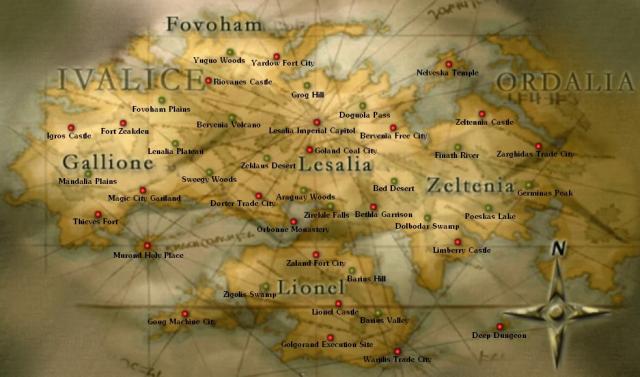
Final Fantasy Tactics is set in a world called Ivalice, which was created by Yasumi Matsuno specifically for this game. The world has since gone on to feature in several other entries in the series and other related games, most often in those titles directed by Matsuno or ones where he has had a significant role during development. In terms of chronology, Tactics takes place around the year 2000 of the Old Valendian calendar, roughly 1300 years after the events of Final Fantasy XII, which also takes place in Ivalice.
It represents a huge departure from the series' usual style in almost every possible aspect. The storytelling and plot in general were much more politically charged than in other games in the series, weaving in intricate political plots as part of a power struggle for the throne of Ivalice. Throughout the game two independent armies are fighting for the control of the monarchy, each wishing to place one of the previous king's two children on the throne as puppet rulers to help take control of Ivalice, both of which are willing to use any means necessary to reach their goals.
In addition, religion and the Church of Glabados play a huge role in the game's story, being in many ways the true power in Ivalice and often manipulating the kingdom and its people to keep the land in turmoil and power in their own hands. Interestingly, there are a lot of notable similarities between the game's Church of Glabados and the Roman Catholic Church, which has prompted many people to try and discover whether the game's religious elements were intended as a commentary on real world events.
It features parallels with the story of Jesus, his betrayal at the hands of one of his disciples and subsequent execution. This is also interesting as the church in Final Fantasy Tactics was inherently evil from its very inception, from its God downwards, making the comparisons and possible commentary potentially quite controversial from certain points of view.
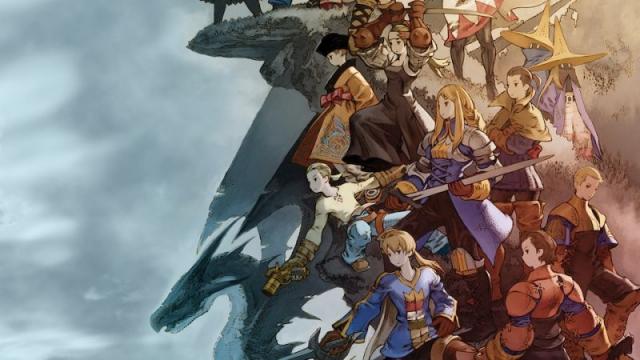
The main story focusses on a young noble by the name of Ramza Beoulve, whose actions we follow throughout the war that is throwing Ivalice into chaos. Eventually Ramza learns of a conspiracy within the church that seeks to use Zodiac Stones in order to fuel the ongoing War of the Lions. As a result he is branded a heretic by the church and forced to fight against its corrupt leaders.
The characters are also quite different from the usual Final Fantasy lineup; they're generally much more realistic in tone and have fewer eccentricities and overly stereotypical characters traits. They could be described as being more down-to-Earth than those in Final Fantasy VII, for example. Every major character is well written and believable in terms of his or her motivations and actions.
Visually, Final Fantasy Tactics owes a lot of its look to Akihiko Minagawa who worked as the game's art director, giving the title a very distinctive look. The 3D graphics naturally show their age at this point, but the strong visual design makes up for much of that. The music, composed by Hitoshi Sakimoto, also had a very different sound and feel compared to Uematsu's scores for the main series. All of this helped further differentiate Tactics from the rest of the series and gave it its own unique identity.
The gameplay is still quite possibly the most significant change in comparison to the rest of the series, although it did still retain several familiar elements from earlier Final Fantasy titles. The battles take place on isometric fields comprised of square tiles, which determine the characters' movements on the field. Whenever a character takes action during a battle, he or she gains both experience points and job points, which then improve the characters' normal levels as well as the job they are using during combat.
Speaking of which, Final Fantasy Tactics also uses the job system found in FFV and FFIII, allowing players to change and customize their party's character classes as they see fit. Most of the available jobs are familiar ones found in earlier games in the series, but Tactics does introduce some of its own job classes as well. The system itself is quite similar to that found in FFV, with each class having their own class specific jobs which are always in use with that class.

What makes the system so flexible is that each character also has a secondary job ability slot and other ability slots which the player can fill with any of the abilities that the character has learned during the game. This allows for a massive amount of different possibilities and combinations to be used during battle and is responsible for a lot of the title's remarkable depth and replayability.
As was often the case with Japanese RPGs at the time, the localization wasn't very good. The English translation is filled with errors which unfortunately do end up hurting the game a fair bit, as they can often take you out of the story completely. It's not a huge issue, but one that was still all too prevalent within the genre at the time.
The Best Part

The plot. It's one of the darkest in the entire franchise, filled with memorable twists and great characters. One of its greatest strengths is also just how different it was, and still is, from most other games in general. The way the game handles politics and religion in a fictional world makes the story feel more real than the vast majority of video game stories. Naturally there are various fantastical elements in Final Fantasy Tactics, but thanks to the game's story it feels very much grounded in reality.
The Worst Part

The difficulty level jumps all over the place. There isn't really even a proper difficulty curve, just a number of weird sudden spikes in difficulty followed by equally strange dips in it. This makes Final Fantasy Tactics quite annoying to play at times, as you may suddenly without any warning be thrust into an extremely difficult battle that requires several tries to beat, only for it to be immediately followed by another, supposedly more difficult battle that you'll just breeze through in one try. Preparing for these sudden spikes is near impossible unless you've played the game before.
Does Final Fantasy Tactics Still Hold Up?

Yes, no question about it. While Final Fantasy Tactics is certainly uneven at parts, this does little to diminish the overall enjoyment it provides. The story is excellent, most of the characters are well written and interesting, the gameplay has a huge amount of depth, and the soundtrack is among the best in genre.
However, there are still some fairly dubious aspects to it as well. The aforementioned difficulty level jumps can be annoying, the translation just isn't very good, and the plot, despite its overall quality, can be difficult to follow at times, partly due to the poor localization. Yet I still highly recommend playing Final Fantasy Tactics as it is considered a classic of the genre for a very good reason.
Fortunately, Tactics is a very easy game to find these days, as it is available on a variety of different platforms. Besides the original on the PS1 (which can be found on PSN), there is the PSP remake subtitled War of the Lions, and also a mobile port. Of these I would most recommend playing War of the Lions, as it was completely retranslated and features additional content not found in the original release.
Final Fantasy Tactics took the series into a whole new direction and did so very successfully. It established a new sub-series within the franchise and has since become one of the most beloved Final Fantasy titles. It was Matsuno's true breakthrough into the industry, and led to both him and a number of other members of the development team working on several other Square titles.
Fun Fact
Yasumi Matsuno is quite well known for being a huge Queen fan and this is evident from the titles of many of his games, including Ogre Battle: The March of the Black Queen and Tactics Ogre: Let Us Cling Together, both of which were named after the band's songs. In Final Fantasy Tactics this can also be seen in the name of the game's 4th chapter, which was titled Somebody to Love in the original PS1 release.
More Articles
Amazing game with a great story and engaging gameplay. But that cetain boss battle was really a nightmare XD
This was the game that compelled me to get a Playstation. Played it at a friend's house and just had to have it lol
Aww tactics. The game everyone loved but square didn't give a scooby about. More acclaimed than most main series titles and never seeing a proper sequal aside from childish DS/advance spin-offs.
For me, best ps1 game...









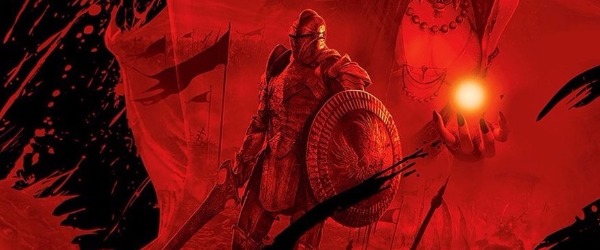
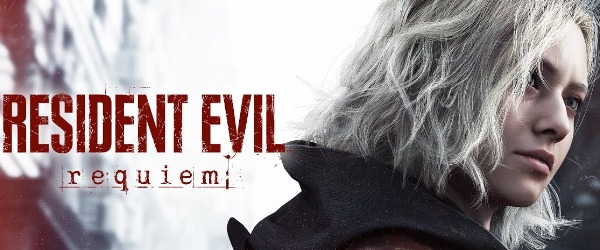
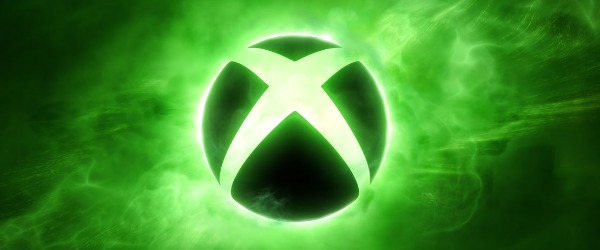










 Essay Pro
Essay Pro